Editor's notes
One of our resident neurosurgeon Dr. Ren, Jian attended the Congress of Neurological Surgeons (CNS) 2022 Annual Meeting. Here are some notes he took to share with his colleagues who didn’t attend the CNS in person.
During the plenary session on the 10th and 11th, Prof. Robert Spetzler, the special guest of the conference, presented the experience of selecting and treating different sites of cerebral cavernous vascular malformations and demonstrated the Interactive Surgical Atlas surgical access planning system, which creates an imaging and surgical access database of previous cavernous vascular malformation cases, matches new patients with the database, and the software system gives suggested surgical access and treatment points.

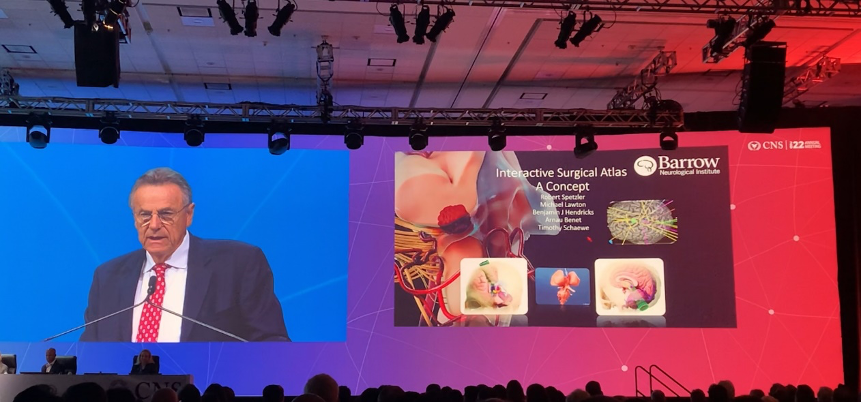
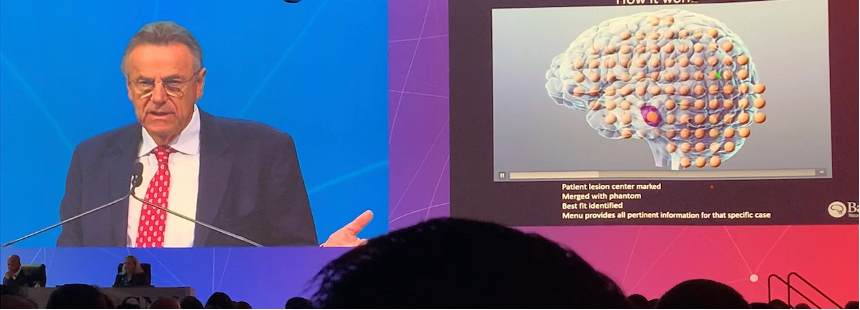
During the plenary session on the 11th, Prof. Spetzler presented a treatment strategy based on the classification of spinal vascular malformations into (1) neoplastic (Neoplastic), cavernous vascular malformations and blood network; (2) arteriovenous (AV lesions), AVF and AVM.
In the plenary session, Professor Allan D Levi from the University of Miami Health Systems presented advances in Schwann cell transplantation for the treatment of nerve injuries, safe and effective for peripheral nerve injuries, subacute and chronic spinal cord injuries
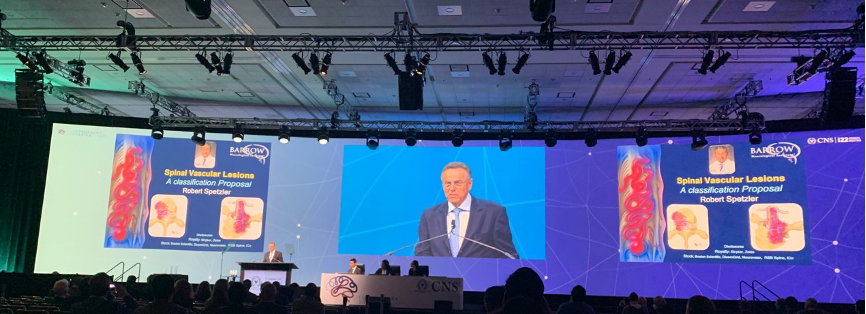
During the plenary session, Nelson M. Oyesiku, the former editor-in-chief of Neurosurgery, officially stepped down as editor-in-chief and gave a speech, as well as welcoming Douglas Kondziolka, the new editor-in-chief of the journal.
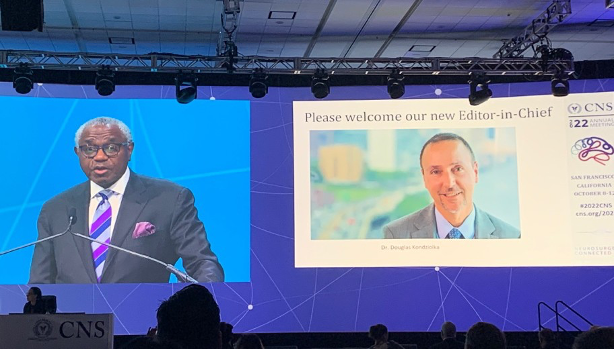
The conference also featured a presentation by Star Trek actor William Shatner (born in March 1931, 91 years old, with a light, relaxed and active gait, and a loud and powerful voice) on Space Is Not the Final Frontier. William Shatner is the oldest man in space and the author of several best-selling science fiction books. He shared his feelings about the vastness of the universe and the insignificance of human beings after landing in space and returning to Earth, but how humans can recognize themselves, value the many technological advances and developments, and think about the frontiers of the universe.
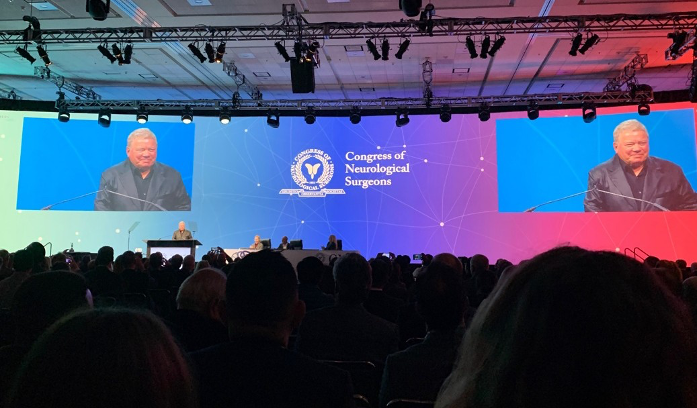
Any use of this site constitutes your agreement to the Terms and Conditions and Privacy Policy linked below.
A single copy of these materials may be reprinted for noncommercial personal use only. "China-INI," "chinaini.org" are trademarks of China International Neuroscience Institute.
© 2008-2021 China International Neuroscience Institute (China-INI). All rights reserved.